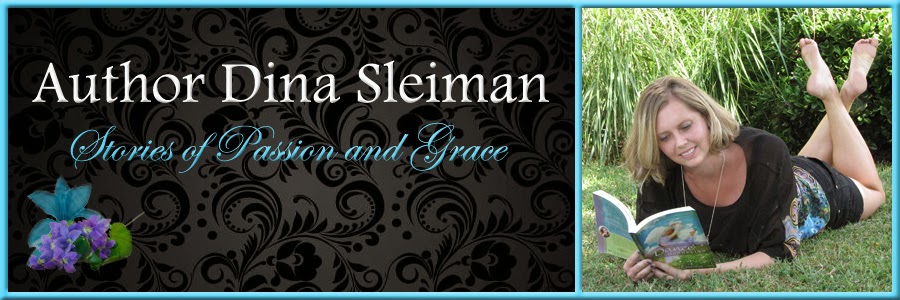Let’s
start this lesson with full disclosure. In addition to being an author, I am a part-time, often-volunteer
editor for a small publishing company. That being said, for the past three
years I have been representing WhiteFire Publishing at conferences and
reviewing submissions for them. Probably the best perk I’ve gleaned from this
experience is a huge improvement in my own writing, and especially in knowing
how to make my own submissions sparkle for bigger publishers. So I’m going to
do a series sharing some of the lessons I’ve learned. Today let’s start with
those all-important first pages.
The sad
truth is that for the majority of the manuscripts I read, I never get past the
first page. Keep in mind that WhiteFire accepts unagented submissions, so I
imagine that statistic is different for bigger publishers. You might wonder how
in the world I can tell a manuscript won’t cut it by the first page alone, but
a first page can tell you a lot. It can tell you whether or not a writer has
done their job to learn the craft, it can tell you if they’re lazy, and it can
tell you if they possess any talent.
Here are
a few of the red flags that will stop me reading right on the first page.
1 1)
Stilted
Language
2 2) Phony
dialogue
3 3) Lack
of understanding of point of view
4 4) Telling
not showing
5 5) Confusing
sentences
6) Bad
grammar
7 7)
Excessive
typos
There
you
go people, that little list alone saves me reading farther on over 50%
of submissions. If I see any of those problems on the all-important
first page,
I know that matters can only go downhill from there. As a publishing
company,
we simply don’t have the time or energy to put into fixing any of these
issues,
no matter how brilliant your idea might be.
Now don’t
get me wrong, I realize not everyone excels at opening scenes. I understand the
paranoia of crafting the perfect hook. I know that some people aren’t good at nailing
down exactly where a book should start. But if you haven’t mastered the basic
writing craft yet, as attested by the red flags above, those other issues
are immaterial. If the writing is good, but the opening is weak, I might read
on. Occasionally if someone is “telling” a story with a really nice style, I
will skip ahead a few pages to see if they shift into “showing.” And I’m not
going to turn down a manuscript over a typo or a misplaced comma, but if I see
a handful of those sorts of mistakes on the very first page, that’s just lazy,
so forget it.
I
used to overuse the "not a fit for our company" phrase in my rejection
letters, which really meant, "your writing is too awful to be a fit for
our company," but I don't do that anymore. For books that I don't make
it past the first page, I figure a simple "no thank you" will have to
suffice. When I say a book is not a fit, it means we don't publish that
type of book. And when I offer suggestions for improvement, that's a
good thing. It means the project has potential.
If you
pass the all-important first pages test, and I actually get through a good
scene or chapter of your book, I will then put it on my kindle and read it like
a reader, not an editor. At that point, I’m mostly looking to see if I enjoy
the book and if it holds my interest. If I actually read through to the end, I
might ask for some changes, but I will likely be sending the book forward to my
senior editor. In my next lesson we’ll look at some of the reasons I might stop
reading a novel by an otherwise competent author.
As a reader, what do you look for on the first page of a novel to decide whether or not you will read on?

No comments:
Post a Comment